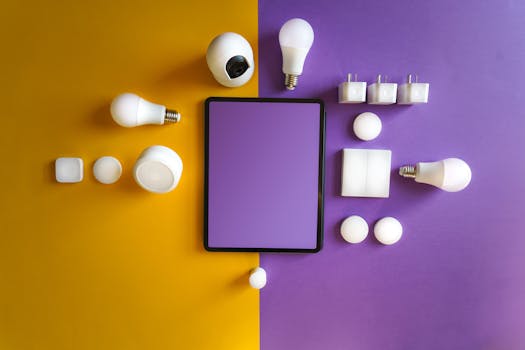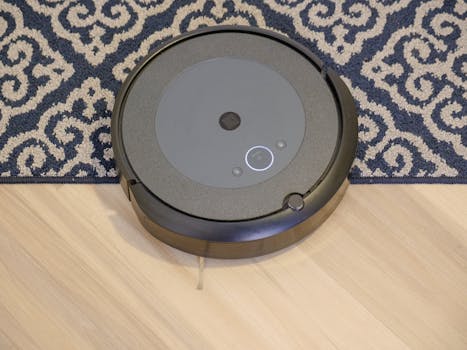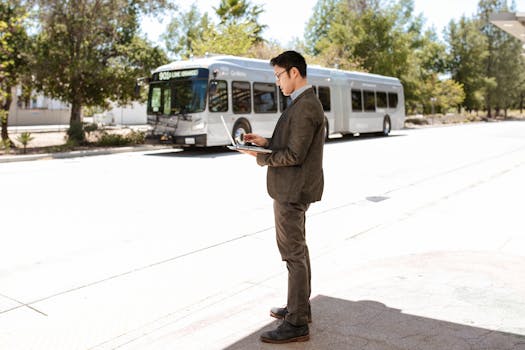
Smart Homes and Smart Living: The Technological Transformation of European Homes by 2025
Smart Homes and Smart Living is revolutionizing the way Europeans live, with advancements in technology and innovations in home automation, energy efficiency, and security. The term ‘smart home’ refers to a residence that has been equipped with advanced technology and devices to make the living space more comfortable, convenient, and energy-efficient.
Introduction to Smart Homes
The concept of smart homes has been around for several decades, but it has only been in recent years that the technology has become more accessible and affordable for the average consumer. With the rise of the Internet of Things (IoT), smart homes have become a reality, allowing homeowners to control and monitor their living space remotely.
Benefits of Smart Homes
There are many benefits to having a smart home, including increased energy efficiency, improved safety and security, and enhanced convenience. Smart homes can be equipped with devices such as thermostats, lighting systems, and security cameras that can be controlled remotely through a smartphone or tablet.
Technological Transformation of European Homes
By 2025, it is estimated that over 50% of European homes will be equipped with smart home technology. This transformation is being driven by advancements in technology, government initiatives, and changing consumer behavior. The European Union has set ambitious targets to reduce energy consumption and greenhouse gas emissions, and smart homes are seen as a key part of this effort.
Conclusion
In conclusion, smart homes and smart living are transforming the way Europeans live, with advancements in technology and innovations in home automation, energy efficiency, and security. As the technology continues to evolve, we can expect to see even more exciting developments in the world of smart homes.
Future of Smart Homes
The future of smart homes is exciting and full of possibilities. With the rise of artificial intelligence and machine learning, smart homes will become even more intelligent and intuitive, anticipating our needs and making our lives easier. The integration of smart homes with other technologies, such as electric vehicles and renewable energy systems, will also become more prevalent.
Challenges and Limitations
While the concept of smart homes is exciting, there are also challenges and limitations to be considered. One of the main concerns is the issue of privacy and security, as smart homes rely on the collection and transmission of data. There is also the issue of compatibility and interoperability between different devices and systems.
European Initiatives
The European Union has launched several initiatives to promote the adoption of smart home technology, including the Smart Home Initiative and the Energy Efficiency Directive. These initiatives aim to encourage the development and deployment of smart home solutions, and to provide support for consumers and businesses looking to adopt this technology.
Conclusion
In conclusion, the technological transformation of European homes is well underway, with smart homes and smart living becoming increasingly popular. As the technology continues to evolve, we can expect to see even more exciting developments in the world of smart homes, and a more sustainable and energy-efficient future for European households.
Recommendations
For those looking to adopt smart home technology, there are several recommendations to consider. First, it is essential to do your research and understand the different types of smart home devices and systems available. Second, consider your budget and what you want to achieve with your smart home. Finally, look for devices and systems that are compatible and interoperable with each other.
Final Thoughts
In final thoughts, the concept of smart homes and smart living is an exciting and rapidly evolving field, with many benefits and opportunities for European households. As the technology continues to advance, we can expect to see even more innovative solutions and applications, and a more sustainable and energy-efficient future for all.
Smart Homes and Energy Efficiency
One of the key benefits of smart homes is their ability to improve energy efficiency. With the use of smart thermostats, lighting systems, and other devices, homeowners can reduce their energy consumption and lower their energy bills. Smart homes can also be equipped with renewable energy systems, such as solar panels and wind turbines, to generate clean and sustainable energy.
Smart Homes and Security
Smart homes can also improve safety and security, with the use of devices such as security cameras, motion sensors, and smart door locks. These devices can be controlled remotely through a smartphone or tablet, allowing homeowners to monitor their property and receive alerts in case of any suspicious activity.
Smart Homes and Convenience
Finally, smart homes can also improve convenience, with the use of devices such as smart speakers, voice assistants, and smart home hubs. These devices can be used to control and automate various aspects of the home, such as lighting, temperature, and entertainment systems.
Conclusion
In conclusion, smart homes and smart living are transforming the way Europeans live, with advancements in technology and innovations in home automation, energy efficiency, and security. As the technology continues to evolve, we can expect to see even more exciting developments in the world of smart homes, and a more sustainable and energy-efficient future for European households.
Recommendations for the Future
For the future, it is recommended that homeowners and businesses consider adopting smart home technology to improve energy efficiency, safety, and convenience. It is also essential to continue investing in research and development to advance the technology and address the challenges and limitations associated with smart homes.
Final Thoughts on Smart Homes
In final thoughts, the concept of smart homes and smart living is an exciting and rapidly evolving field, with many benefits and opportunities for European households. As the technology continues to advance, we can expect to see even more innovative solutions and applications, and a more sustainable and energy-efficient future for all.
Smart Homes and the Environment
Smart homes can also have a positive impact on the environment, by reducing energy consumption and greenhouse gas emissions. With the use of renewable energy systems and energy-efficient devices, smart homes can help to reduce our reliance on fossil fuels and mitigate the effects of climate change.
Smart Homes and Society
Finally, smart homes can also have a positive impact on society, by improving the quality of life for residents and creating new opportunities for economic growth and development. With the use of smart home technology, we can create more sustainable, energy-efficient, and connected communities, and improve the overall well-being of European households.
Conclusion on Smart Homes and Society
In conclusion, smart homes and smart living are transforming the way Europeans live, with advancements in technology and innovations in home automation, energy efficiency, and security. As the technology continues to evolve, we can expect to see even more exciting developments in the world of smart homes, and a more sustainable and energy-efficient future for European households.
Recommendations for Smart Homes and Society
For the future, it is recommended that policymakers and industry leaders consider the social and environmental impacts of smart home technology, and work to create more sustainable and equitable communities. It is also essential to address the challenges and limitations associated with smart homes, and to ensure that the benefits of this technology are available to all.
Final Thoughts on Smart Homes and Society
In final thoughts, the concept of smart homes and smart living is an exciting and rapidly evolving field, with many benefits and opportunities for European households. As the technology continues to advance, we can expect to see even more innovative solutions and applications, and a more sustainable and energy-efficient future for all.



